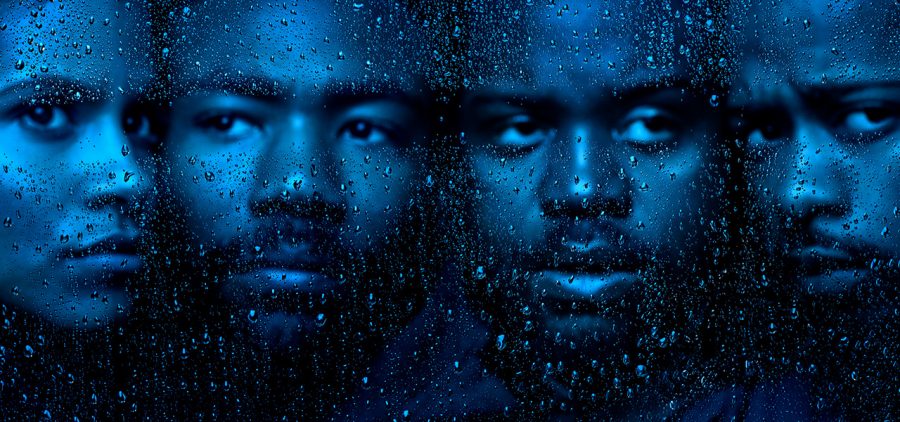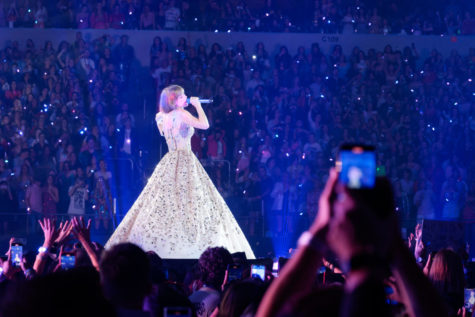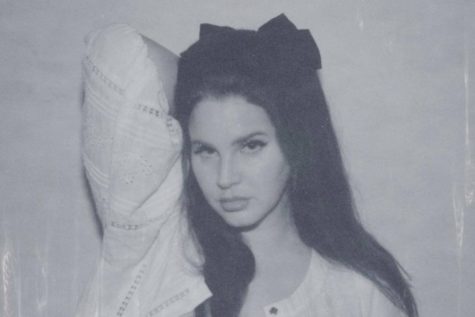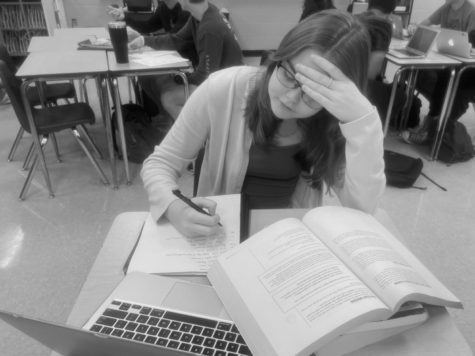Atlanta’s second season proves once again why it’s must-see TV
After a stellar first season, Atlanta returns to televisions for an explosive second season.
Promotional poster for the second season of Atlanta.
Donald Glover simply cannot miss. After a stellar first season in 2016, Atlanta finally returned this year for a new season that took the series to even greater heights than imagined.
Atlanta’s second season lives up to its nickname: Robbin’ Season. Within each episode, something precious is taken away from the main cast: a phone, a laptop, innocence, even time are all taken away from characters as the season progresses, to the point where it feels like the main cast has reached their respective breaking points.
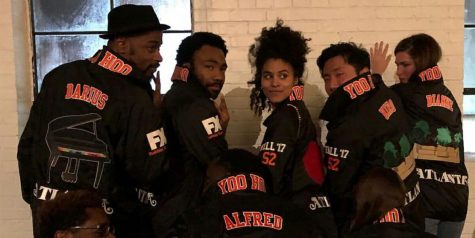
From the start, the new season establishes the comedic backbone that was all too present in the first. However, the comedy takes more and more of a backseat as the season progresses. The show expertly blends surrealism with realism, and while the realism can produce hilarity and relatability, such as when Alfred (played by Brian Tyree Henry) follows his barber around the city waiting impatiently for a haircut, it’s the surrealistic aspects that pushes the show to its limits, making you question what you just watched.
A perfect example of this surrealism can be seen in the episode “Teddy Perkins.” In this episode, Darius (played by Lakieth Stanfield) visits the house of a former musician by the name of Teddy Perkins in order to acquire his piano. However, Darius soon realizes how eccentric the man truly is, as suspense steadily escalates to a crescendo in an episode painted with both terror and allusions to Michael Jackson’s upbringing.
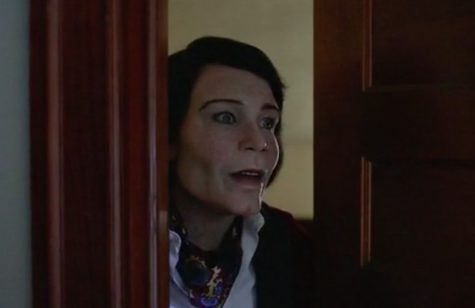
Considering how jaw-dropping this episode was, it’s no wonder it’s the only of the season’s 11 episodes to have no commercials in between. The show’s uncomfortableness often doesn’t let up, yet it doesn’t stay too long to where the viewer is alienated.
However, despite the critical acclaim and attention focused around these eccentric episodes, some believe that Atlanta is best when it’s rooted to a realistic environment. While I’m not inclined to either agree nor disagree, I will say that the episode that gripped me the most this season was also one of the most realistic, relatable premises the show has offered so far.
“FUBU”, the second-to-last episode, served as a flashback to Earn’s middle school days. The nostalgia hit me hard while watching this episode; I actually visibly jumped up slightly in excitement when I saw the Aquemini poster hanging up in younger Earn’s room.
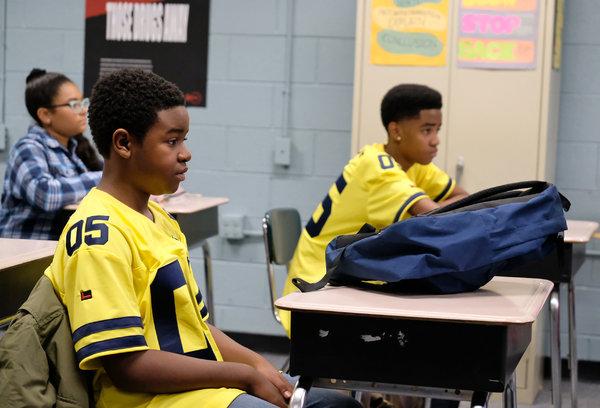
The premise is simple, yet extremely effective: Earn finds a FUBU shirt in a thrift store one day and wears it to class. The only problem is, another boy in his class wore the exact same shirt, leading their classmates to press the two on which shirt was fake.
While I was born after the FUBU era, I remember vividly these types of children in my adolescence, and it hit me like a brick upon my initial viewing to see something so viscerally realistic such as this that reminded me of my childhood without actually being present in my childhood.
If the third season is the show’s “Graduation” like it’s been promoted, we can only expect excellence from a show that has failed to disappoint since first airing. Atlanta is currently available for streaming on FX Networks.
Your donation will support the student journalists of Wiregrass Ranch High School. Your contribution will allow us to purchase equipment and cover our annual website hosting costs.
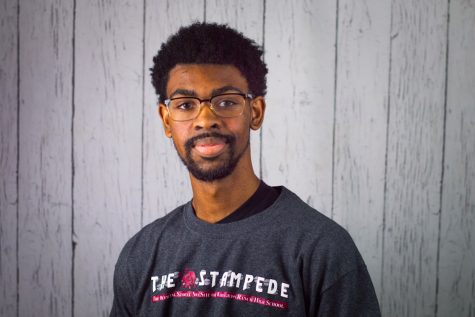
Stephen White II is a senior at Wiregrass Ranch High School. This is his second year writing for The Stampede. He likes to listen to music as well as write...

